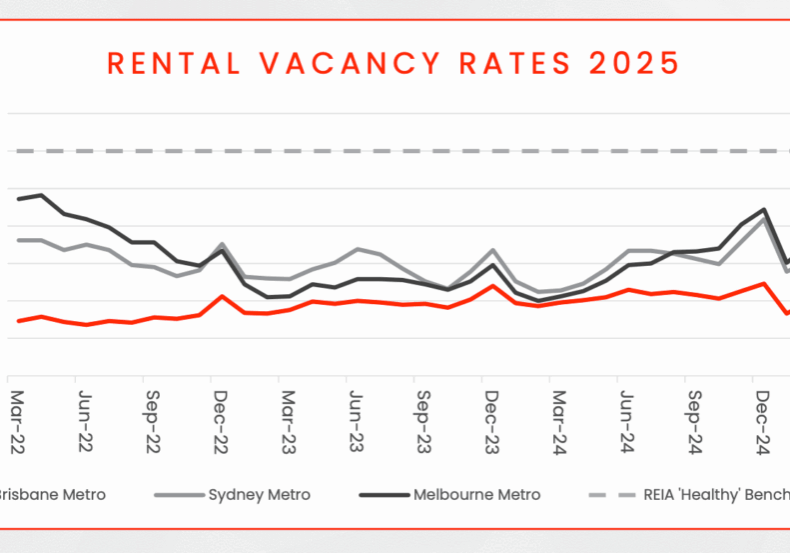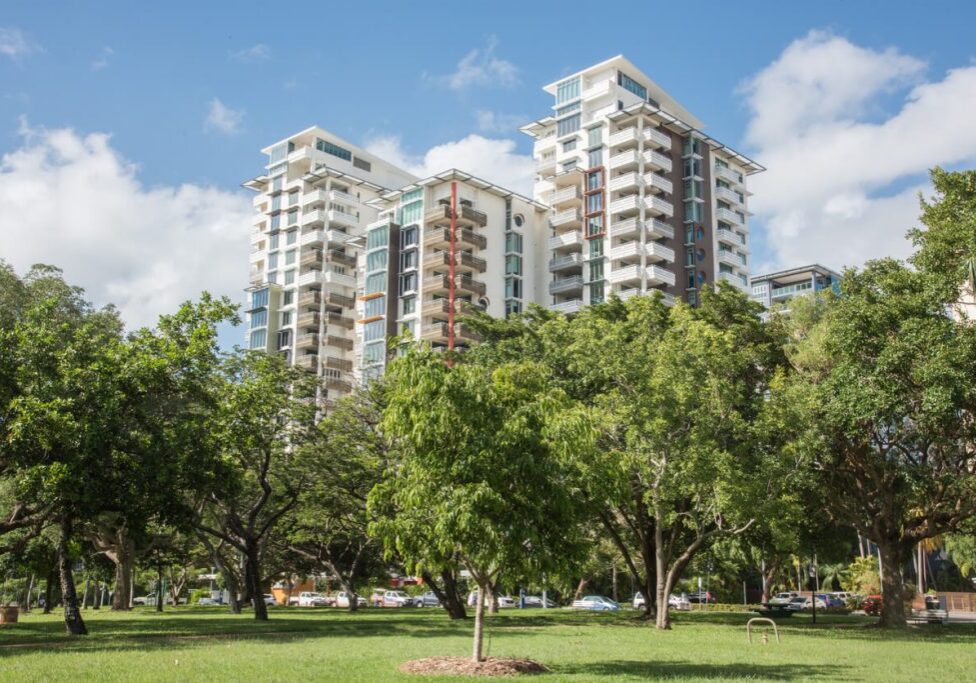Who Is Responsible For Pest Control – Landlords Or Tenants?

A pest infestation at a rental property can cause headaches for both tenants and landlords. A lot of work needs to go into managing the infestation, or pest control will need to be called. Often, at this time, pest issues can cause conflicts between tenants and landlords as to who is responsible for dealing with the pests.
To help, we have created a simple guide which will break down pest control responsibilities for tenants and landlords.
What is pest control?
There are a number of infestations and outbreaks that can happen at a property. Each can have a very different cause than the other. The types of pests you may encounter can include:
- Rats and mice
- Cockroaches
- Ants
- Fleas
- Wasps
- Termites
- Possums
- Spiders
- Snakes
- Silverfish
Pest control is all about managing or removing these pests from the home. There are a variety of ways this can be accomplished. However, the easiest way is taking preventative measures. It is simpler to stop a problem from happening than dealing with it after the fact. But if the problem exists, then the only way to deal with it is to remove the pests from the property.
Is pest control a landlord or tenant responsibility?
There are a variety of reasons pests can become evident at a property. An infestation can happen at any time during the tenancy. So, determining who is responsible can be tricky. In most states and territories across Australia the legislation surrounding pest control can be unclear and open to interpretation.
In fact, many local councils will have their own rules surrounding pest control. With many of these councils requiring property owners to undertake pest control every year.
Check your lease agreement
The first step you should take to find out who is responsible for pest control is to look at your lease agreement. Many agreements will outline responsibilities regarding pest control in an included clause. You can then use the signed agreement as a guide.
Check the Residential tenancy act
In the case that your tenancy agreement does not address the pest control problems you are facing you can look at the Residential Tenancies Act depending on the state you are in. In Queensland, the Residential Tenancies Authority states:
“If the property was free of pests at the start of the tenancy the tenant must ensure the property meets the same standard at the end of the tenancy. However, the property manager/owner cannot require the tenant to:
- leave the property in a better condition than
it was in at the start of the tenancy (e.g. require pest control when the
property had pests when they moved in, or require professional pest control if
this was not done at the start) - use a specific pest control service
- pay a set fee for a pest control service
- use a particular pest control product.”
Generally, it is up to the tenant to deal with pest control matters, however, there are still cases where the landlord may need to step in.
Tenants’ pest control responsibilities
The tenant is responsible for the majority of pest control for the property. This is especially true if a tenants’ lack of general cleaning or household maintenance is the cause of the infestation. You should use sprays, baits and other preventative measures to keep pests away.
When completing the property condition report, it is important that you take note of cleanliness, maintenance issues, and pests like cockroaches, ants, and spiders.
When vacating the property, you should ensure it is in equal condition to when you moved in. If you have pets you may also need to undertake a flea treatment control.
Landlords’ pest control responsibilities
In most cases, landlords will be responsible for clearing pests such as rats, possums or termites. There are certain exceptions, such as if the tenant was the cause of these pests arriving. If the tenant’s poor housekeeping or lack of cleanliness attracted these pests, you could argue that it is the tenant’s responsibility.
Health and safety concerns
If you are genuinely concerned about your health or safety due to a pest infestation, you should let your property manager and landlord know as soon as possible. Together you can work out the best way to approach the issue so your concerns can be alleviated.
Conclusion
The best thing you can do in any situation involving a pest infestation is to speak to your property manager. They will know the legislation and can point you in the right direction to get help. If need be, they can arrange for pest control to remove the pests and advise you on some preventative measures you can take in the future.
If you need help managing your investment property come have a chat with us.
Still have questions? Speak with our expert property managers at LINK Living today, call on 07 3899 3566




